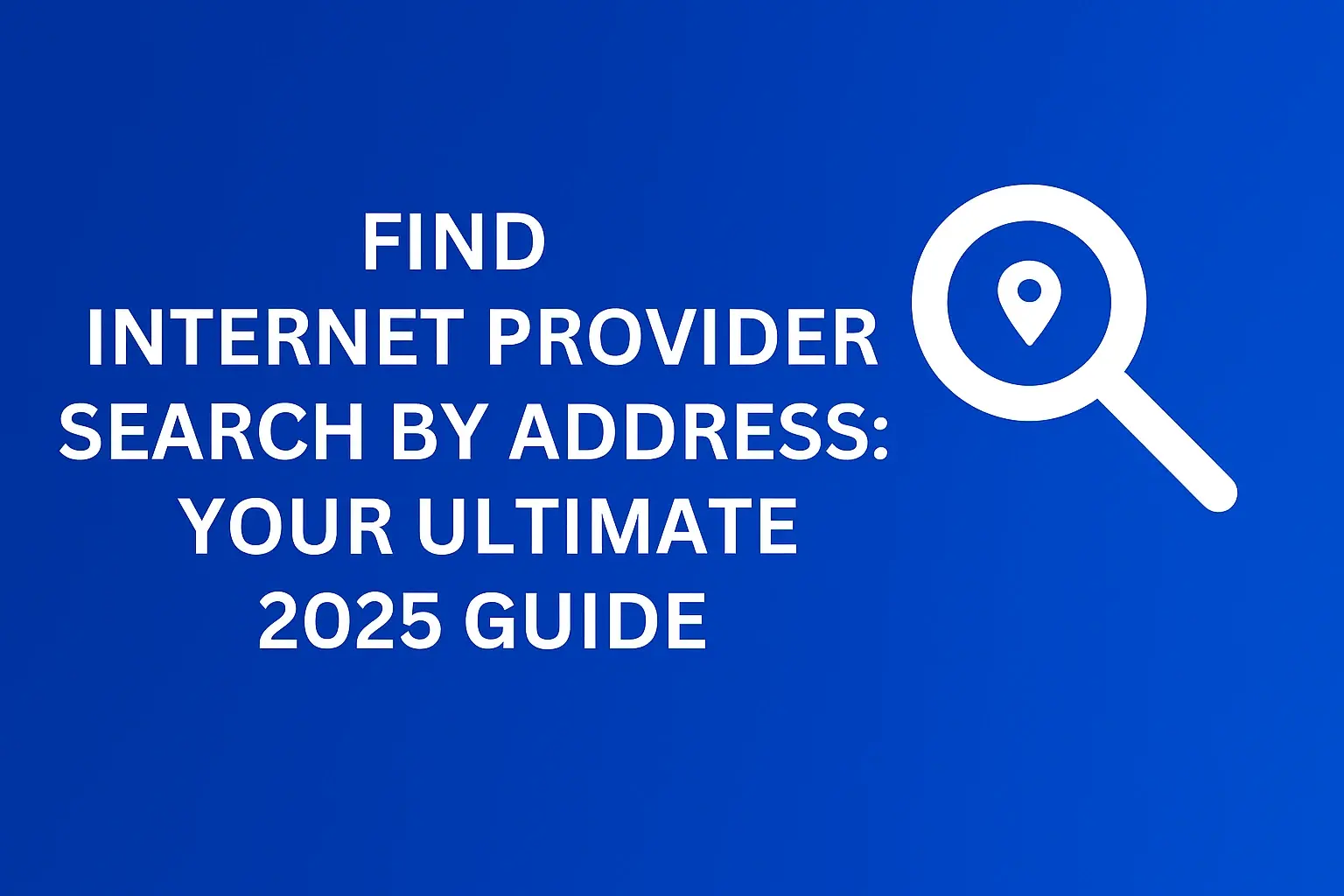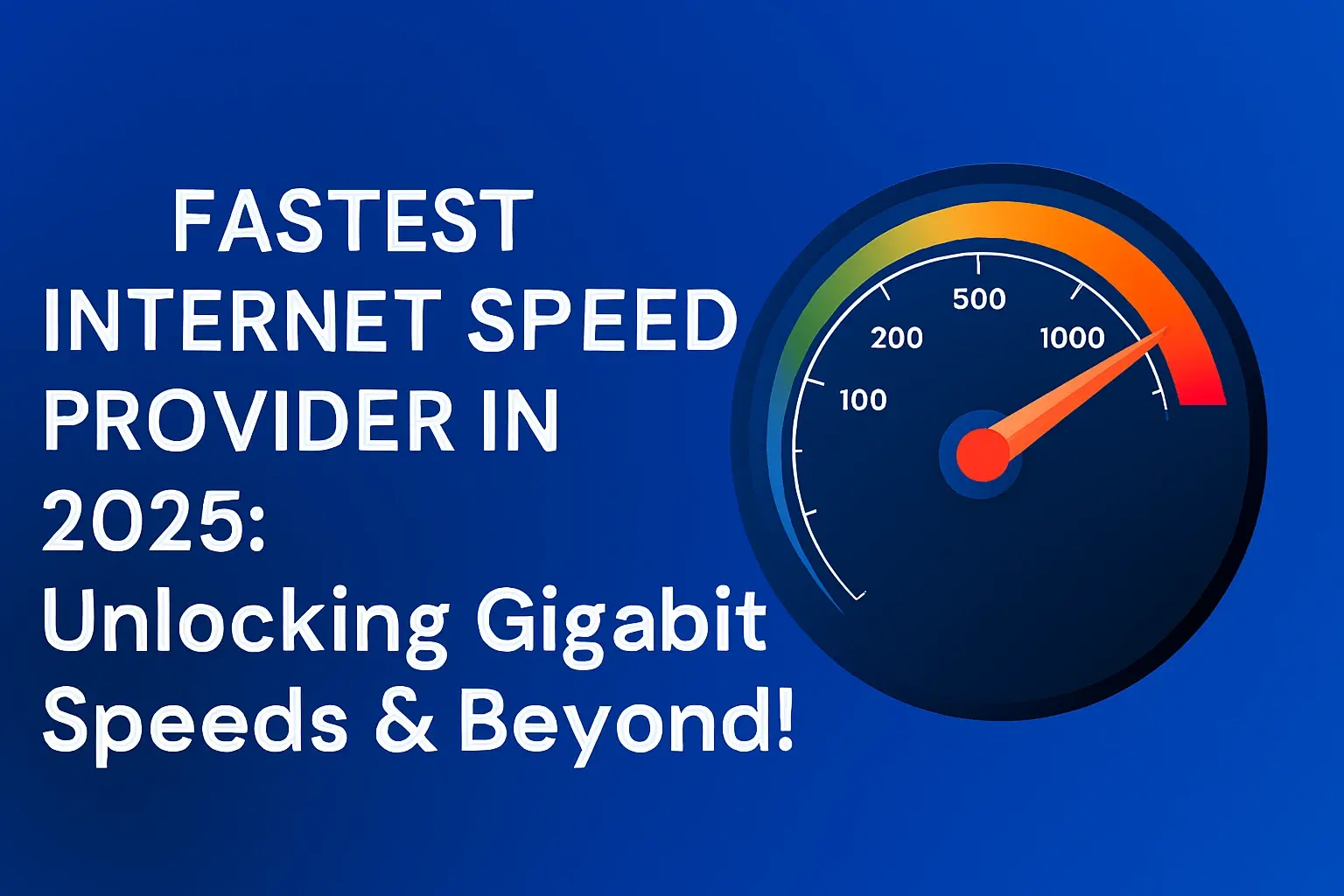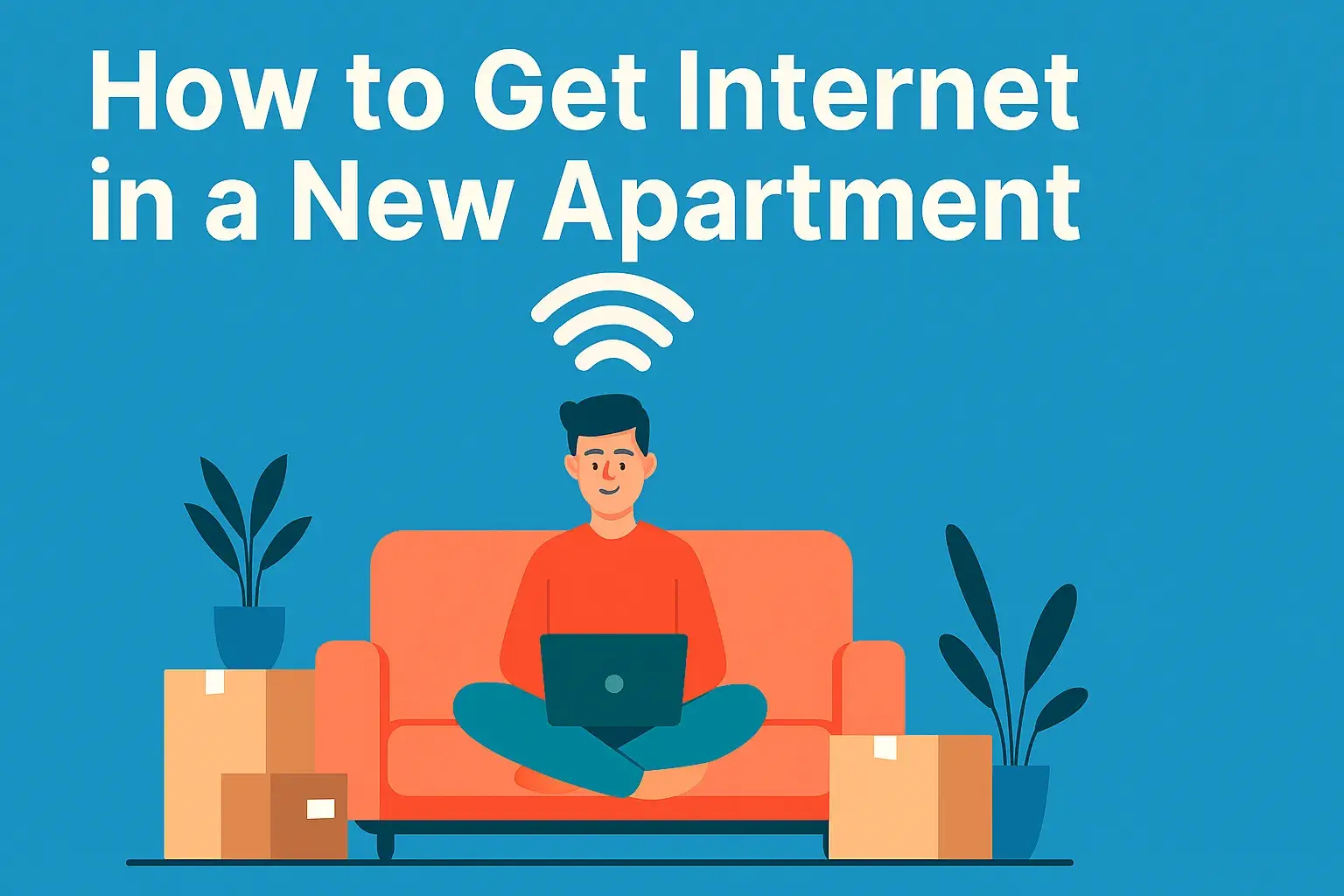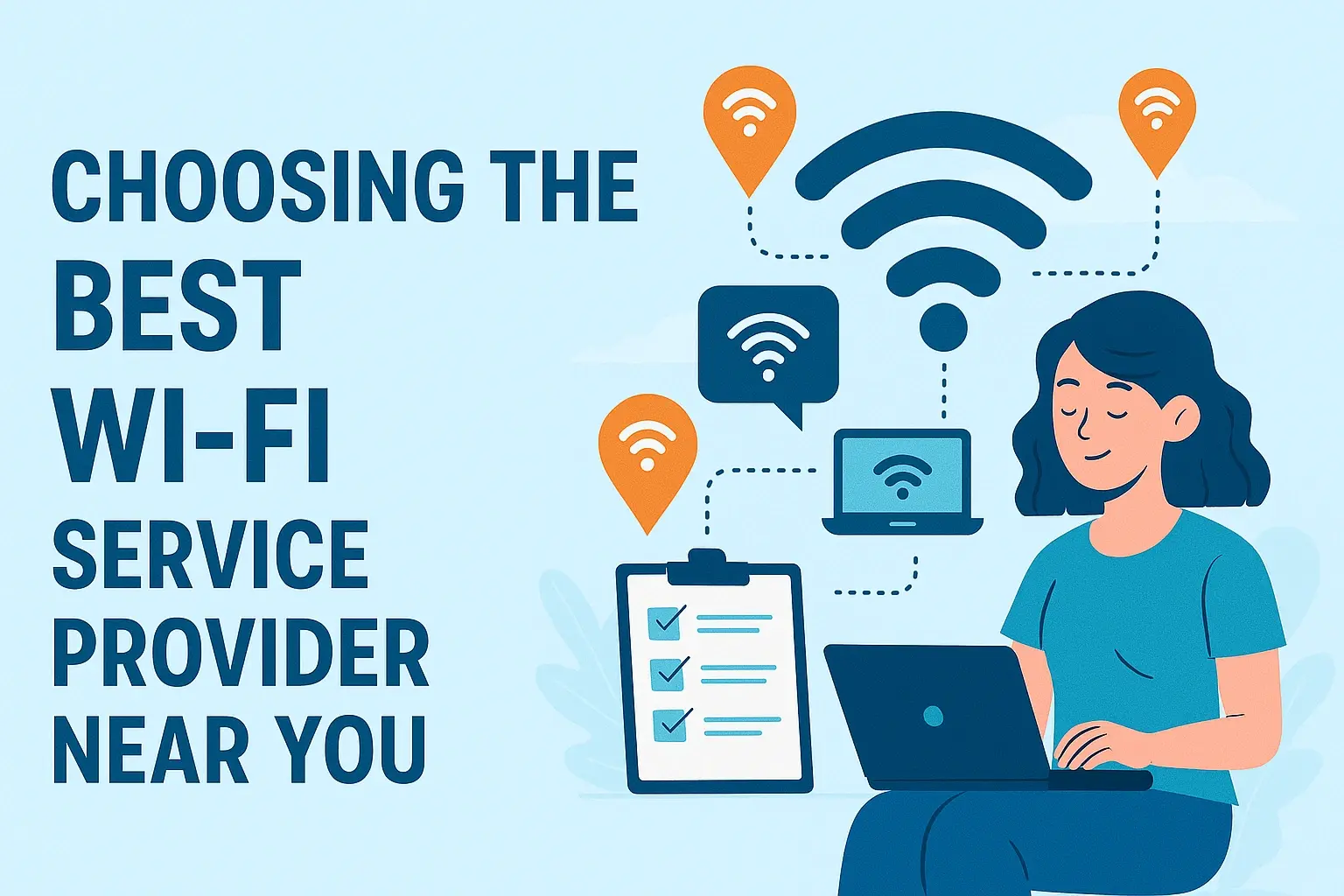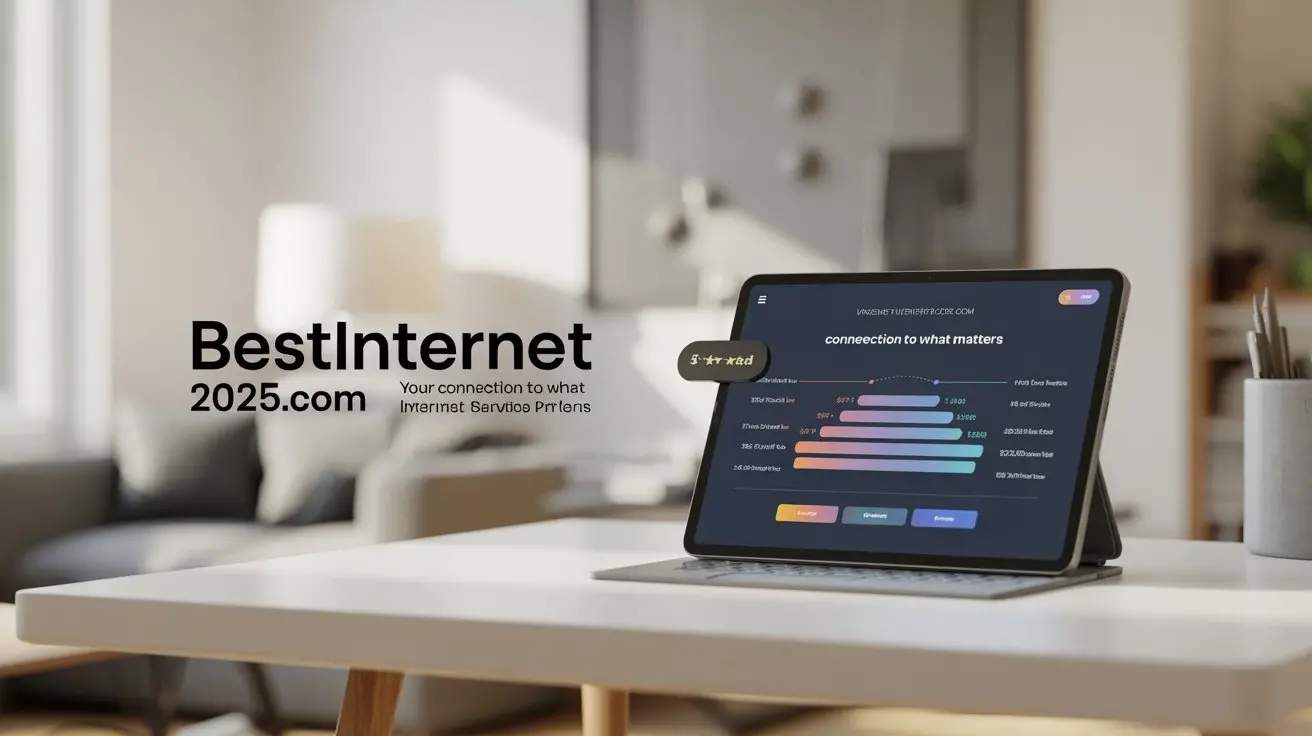Is fiber better than cable internet?
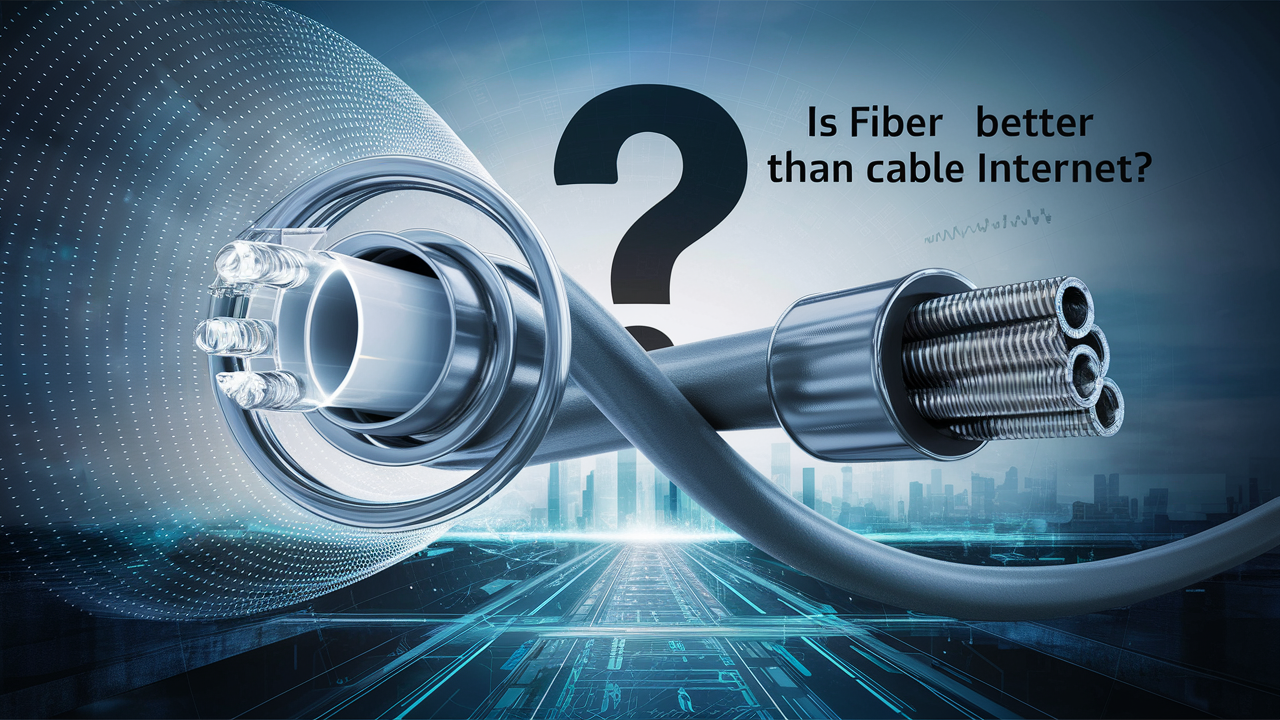
Is fiber better than cable internet
Fiber optic internet is among the most common forms of broadband internet services that are available in the market today. But how does that compare to traditional cable internet? It is important to note that there are certain distinctions when it comes to the speed, reliability, pricing, and accessibility of both fiber and cable internet services.
Speed
Regarding speed, fiber optic internet is much quicker than cable internet. Right now, people have access to around 1Gbps as the fastest cable internet speed available. Ten gigabytes per second connections are possible via fiber connections. For consumers to have options, several fiber providers now provide 2 Gbps and 5 Gbps.
The stated technology is the reason it is quicker. Whereas traditional cable transfers data using copper wire coaxial cables, fiber optic cables send data in the form of light pulses through flexible glass or plastic fibers. Particularly via metallic cables, light can indeed transmit considerably more data than electricity. This provides fiber a clear advantage over other kinds of connections in terms of speed potential.
Reliability
The other benefit of employing light signals over electrical signals is that fiber optic internet tends to be more consistent. Light signals are less prone to interference by electromagnetic interference than the electrical signals passing through the metal wires. This makes the fiber connection not to be so much affected in case there are disruptions.
Fiber optic cables are also slimmer than copper coaxial cables and are less likely to degrade quickly. This minimizes the probability of an occurrence that may disrupt the internet connection. Problems such as the squirrels nibbling on the cable lines are not as likely to disrupt a fiber connection. This is why many consider fiber internet as better than cable internet; the former has this improved reliability.
Cost
Since fiber optic internet is relatively newer than cable, it does prove to be a bit expensive for consumers most of the time. However, the costs are expected to go down as availability goes up all over the country. A select few fiber suppliers even provide pricing plans that are equivalent to, or perhaps even cheaper than, cable internet services in some regions.
It is always good to compare these costs with the speeds which are being offered as well for the money. Choosing a fiber plan may sometimes cost more than the basic cable service but it comes with a better speed. Thus, the improved performance that you are paying for gives good overall value for money. Like with nearly every service, there are cheap plans with fiber, and there are expensive plans depending on the fiber connection speeds that you opt for.
Availability
The main disadvantage of fiber optic internet still lies in lesser numbers of such connections in comparison to cable internet ones. Cable infrastructure already exists in many parts of the country, but fiber is still growing. Most firms that offer fiber are dominant in urban areas. Nevertheless, it cannot be generalized throughout the city but may only be offered in specific neighborhoods.
Thus, ensure to consider access if the fiber service is available in your region before settling for the internet plan. It is gradually increasing, but to this day, some countryside and even some outskirts do not have fiber connections. If the fastest speeds are not available in your area yet, then cable is still your only chance.
Overall Winner?
Considering the above factors – speed, reliability, cost, and accessibility – fiber technology is preferable and provides advantages over cable Internet. Fiber has the advantage of faster speeds, reliable connections, and more affordable prices as long as the service is offered in the desired area.
Expectation of the availability of fiber in the future due to more investment and expansion of fiber infrastructure indicates that it will surpass cable to become the most common source of internet connection in more towns, cities, and regions in the future. Aging copper infrastructure that supports cable networks hinders providers from keeping up with the rate of fiber development.
The bottom line is if you have the option and fiber service is available at your address it is likely that opting for fiber for home or business internet connectivity will be beneficial over cable. Even today’s cable internet remains sufficient unless it comes to more fundamental requirements, the bonuses of next-generation fiber are much more satisfying. In the years to come before widespread 5G adoption, fiber will continue to extend its reach as the go-to technology for ultra-fast and dependable home internet service.
Upgrade to faster, more reliable AT&T Fiber Internet today! Call us at +1 844-905-5002 and get connected with speeds that keep you ahead.
